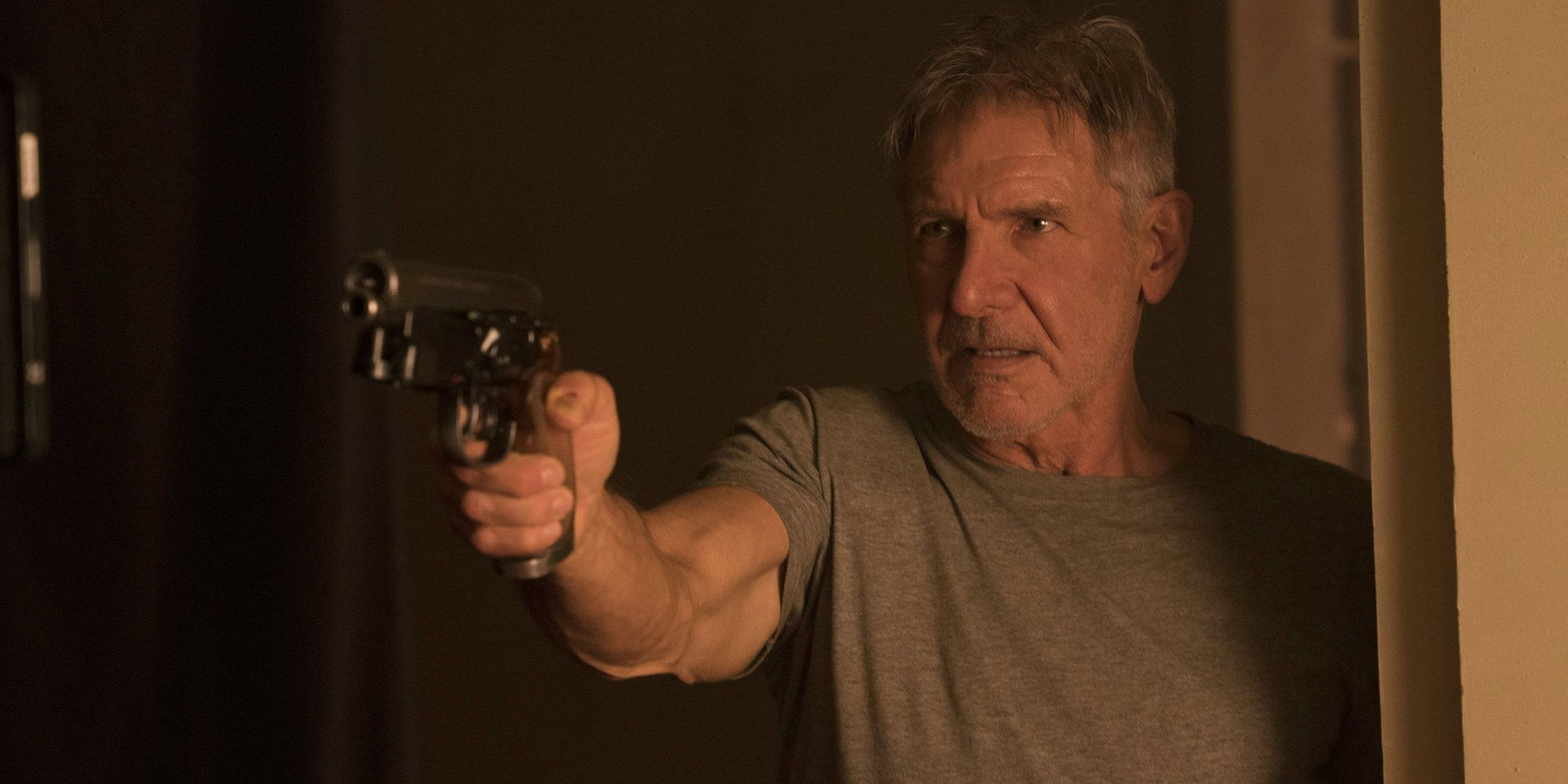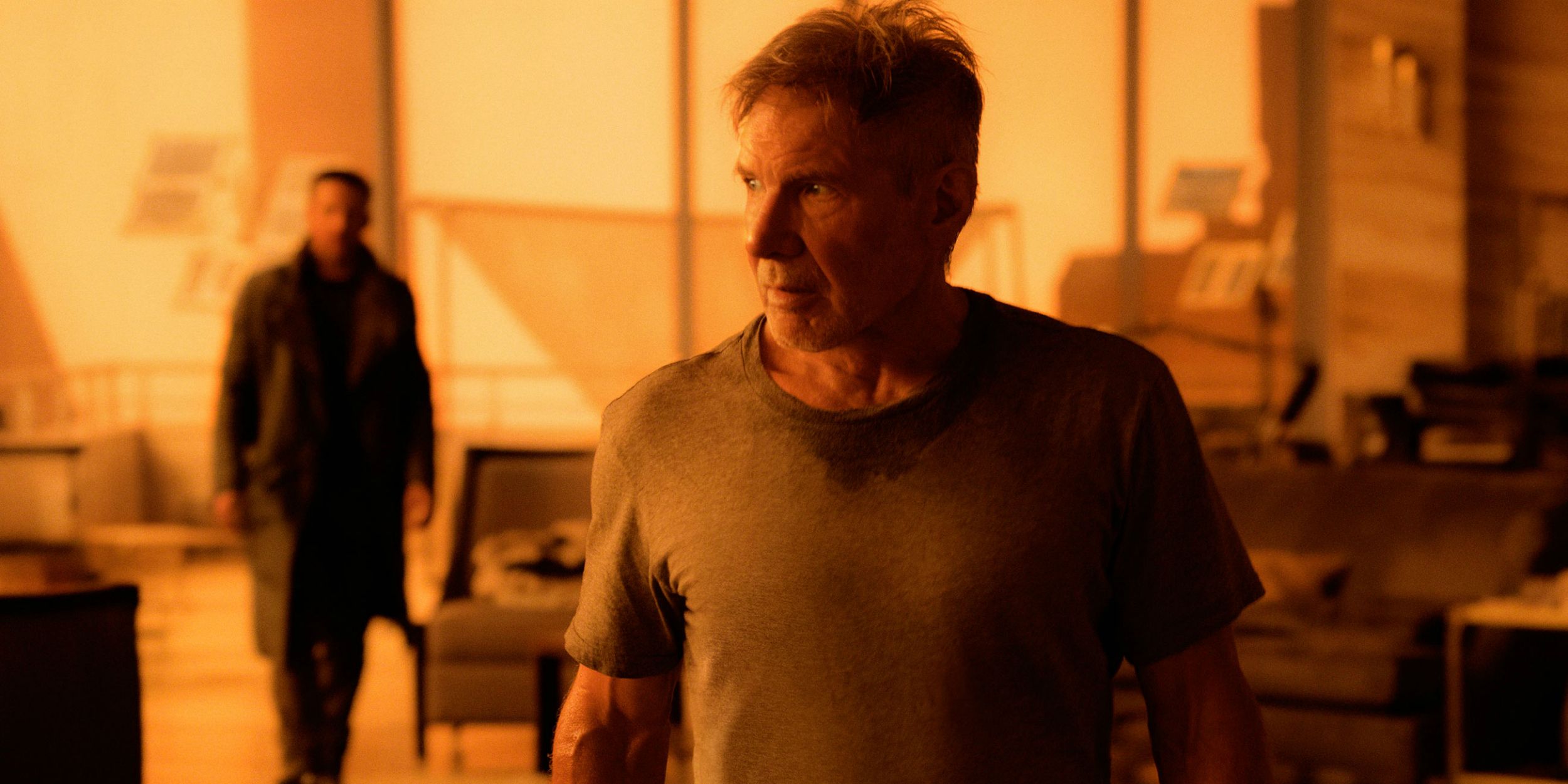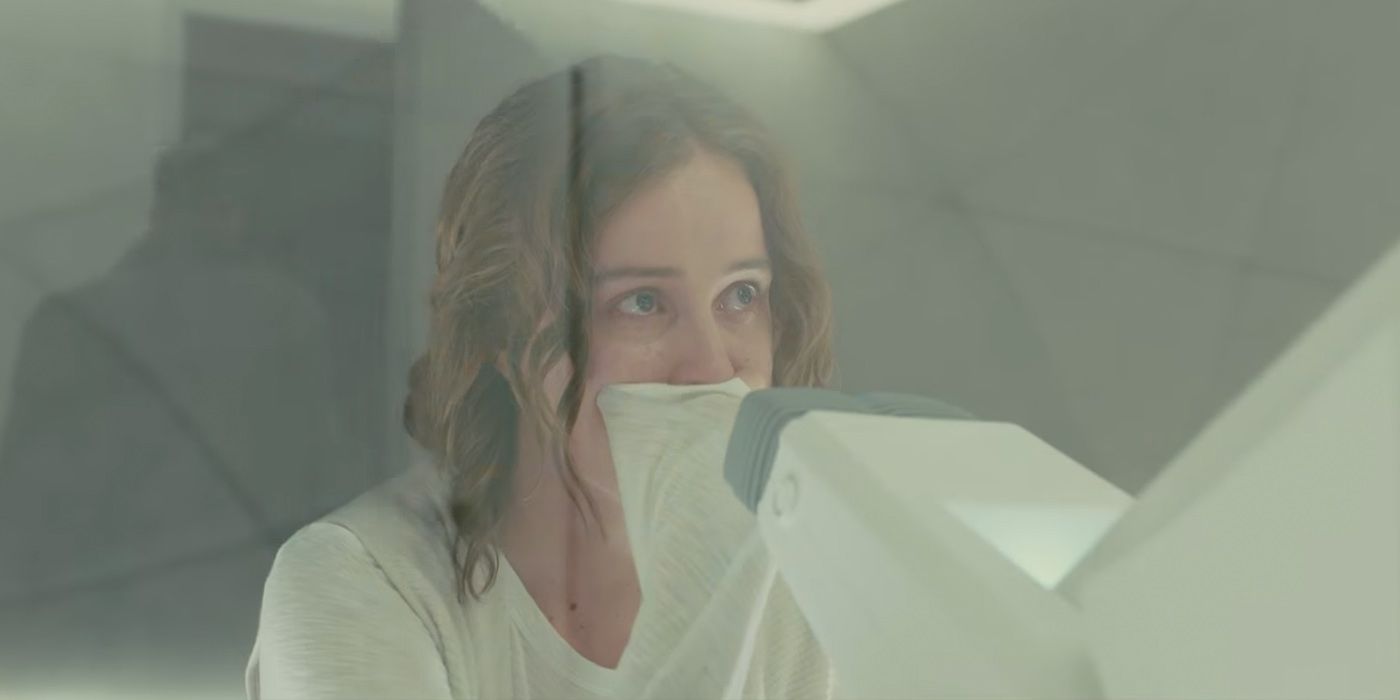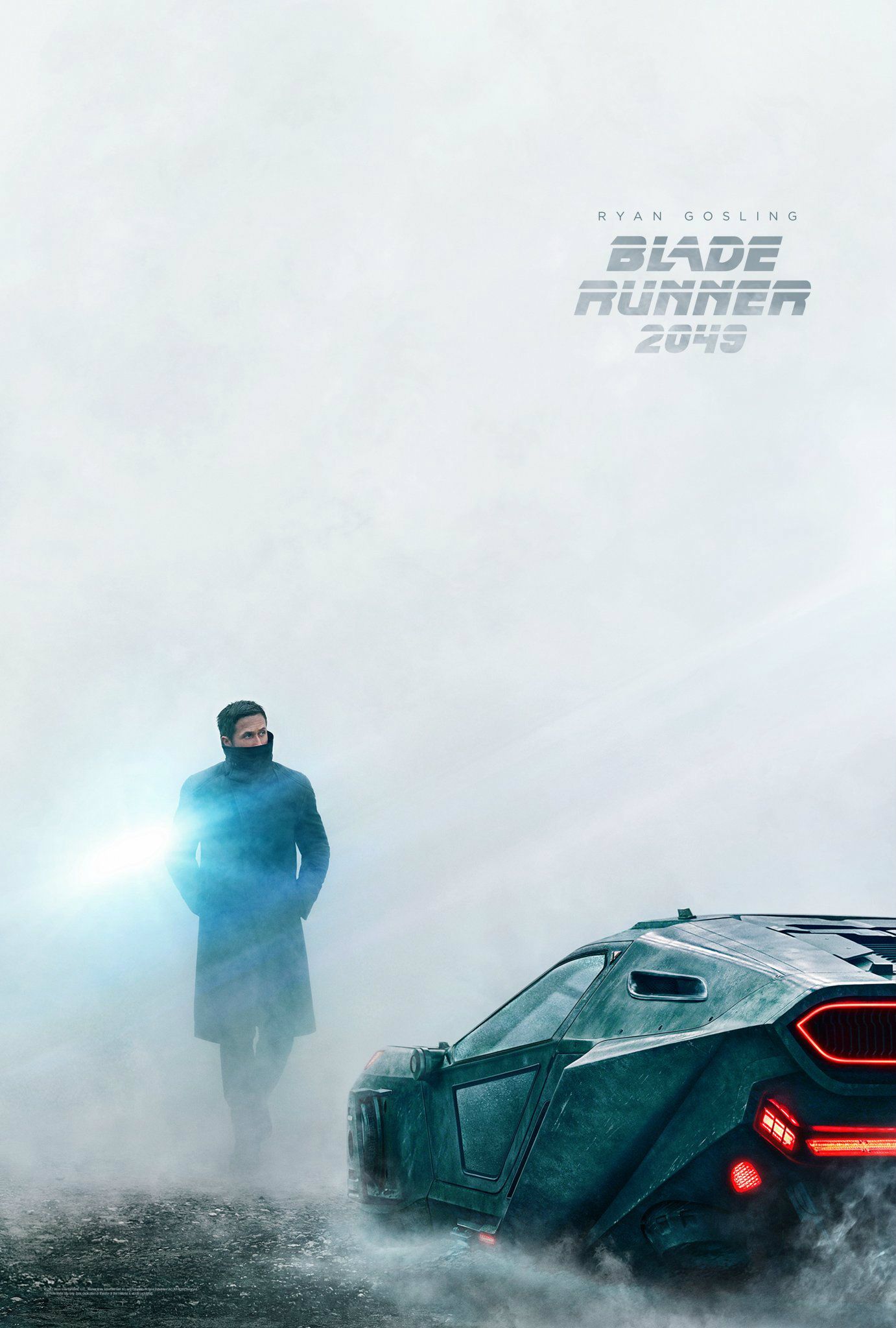Warning: This article contains MAJOR SPOILERS for Blade Runner 2049
-
The late Sam Shepard famously said, "the most authentic endings are the ones which are already revolving toward another beginning," and that's definitely the case with Blade Runner 2049. Denis Villeneuve's sequel to Ridley Scott's seminal sci-fi thriller concludes with various narrative doors left open for a third movie (which may or may not happen).
In the current cinematic climate, studios are more likely to green light a sequel rather than an original movie script, and Sony has a long history of turning standalone films into franchises. From rebooting the Spider-Man franchise for a third time to seemingly endless Resident: Evil movies, the studio likes nothing more than to flog a franchise for all its worth, and while a lot have proven to be bad investments, critically-speaking, others have shown an ability to expand a fantasy world for the benefit of both the audience and their box office.
Blade Runner 2049 has at least achieved the former, with the majority of critics shouting their praise for the Ryan Gosling-led movie. It has an 89% approval rating on reviews aggregator website Rotten Tomatoes, in-no-small-measure because of its stunning visuals, bone-tingling score and immensely satisfying narrative that creates something breathtakingly new while remaining loyal to the original story.
The political, social and moral themes are still strongly felt in Villeneuve's movie as it returns to the dystopian Los Angeles 30 years after the events of Blade Runner. Replicants have advanced from the Nexus 6 models, with Jared Leto's Niander Wallace manufacturing them now instead of Dr. Eldon Tyrell, and they are still treated as slaves in the human society. The driving element of the film is Rachael from the original movie, as it is revealed early on that she somehow had the ability to reproduce, and she gave birth to Deckard's child - a child that may well be the main protagonist of a third movie.
Blade Runner 2049 ends with Deckard being reunited with his daughter, Dr. Ana Stelline, who has been hiding in plain sight as a memory designer who works freelance for Wallace's replicant manufacturer. She's spent the majority of her life in a sterile glass roon, believing that she has an auto-immune condition, so how she'll survive in the outside world will certainly be an important point of her character development. Is she actually sick? Or was that a lie to put people off her scent, since replicants are built to be physically superior to humans. Either way, the movie ends with Ana meeting her father for the first time, so how that relationship develops will definitely be something a third movie would want to explore.
How much time the former blade runner will have with his daughter without being found out is uncertain, however, as Wallace has spies everywhere. The blind replicant manufacturer wanted Deckard so that he could torture information out of him about his daughter's whereabouts, and about those who he worked with to hide her from public knowledge. Wallace wants to learn the secret to creating replicants with reproduction abilities, because he thinks it will speed up the production of his slave labor force. His argument that the Earth will soon be a victim to its self-imposed destruction is the reason the authorities gave him the go-ahead to restart replicant production so they could be used to rebuild ecosystems on the planet, as well as off-world colonies. Considering that Earth has descended into deeper environmental turmoil since 2019 and after the Black Out, the peril of total destruction is something that would definitely drive the narrative of a third movie.
In both Blade Runner and Blade Runner 2049 the replicants experience existential crises. Roy Batty and his squad of Nexus 6 models want to live longer than their four years, while K goes on a monumental journey of self-discovery as he realises there is more to life than servitude. That's what the replicant freedom movement believe too, and if a third movie was to be made we'd no doubt see leader Freysa try to execute an uprising against their human overlords, as well as to continue to explore the philosophical idea of what it means to be human.
Replicants in 2049 are more like humans than they ever were before, with some enjoying full life spans as well as false memories - to give them the illusion of having experienced a childhood. K believes that to be human you have to have a soul, and that souls are only given to those who are born. However, the knowledge that a replicant gave birth to a child made him question his whole ideology, just as it did the members of the underground freedom movement who spirited Deckard and Rachael's child away.
At the end of the film, K seemingly dies on the steps of the facility where he has just delivered Deckard to meet his daughter. While his life ebbs away as the snow falls, inside Ana is admiring her own self-created snowfall, hinting there is a deeper bond between the two. K may have died on the steps, but given that the Wallace Corporation can grow a new version of the same model in a tank, and Ana is capable of creating memories, it's not out of the question that Gosling could return in a sequel (though that might spoil the poetry of K's character arc).
Villeneuve has left so many narrative threads that could be woven into the plot of a third film, but he may not be the one to create it. The French-Canadian director does not have a history of making sequels to his movies, and he's got his hands full with both the Dune adaptation and potentially Sony's Cleopatra remake. However,we could always the return of Ridley Scott to the director's chair. The British filmmaker was an executive producer on Blade Runner 2049, and considering the critical acclaim of this movie he may be tempted to complete a trilogy. Scott's passion for the Alien franchise is no secret, having made two prequels in the last five years, so if he believes there's a strong enough story to conclude the Blade Runner story then maybe he'll take the time to make it.




